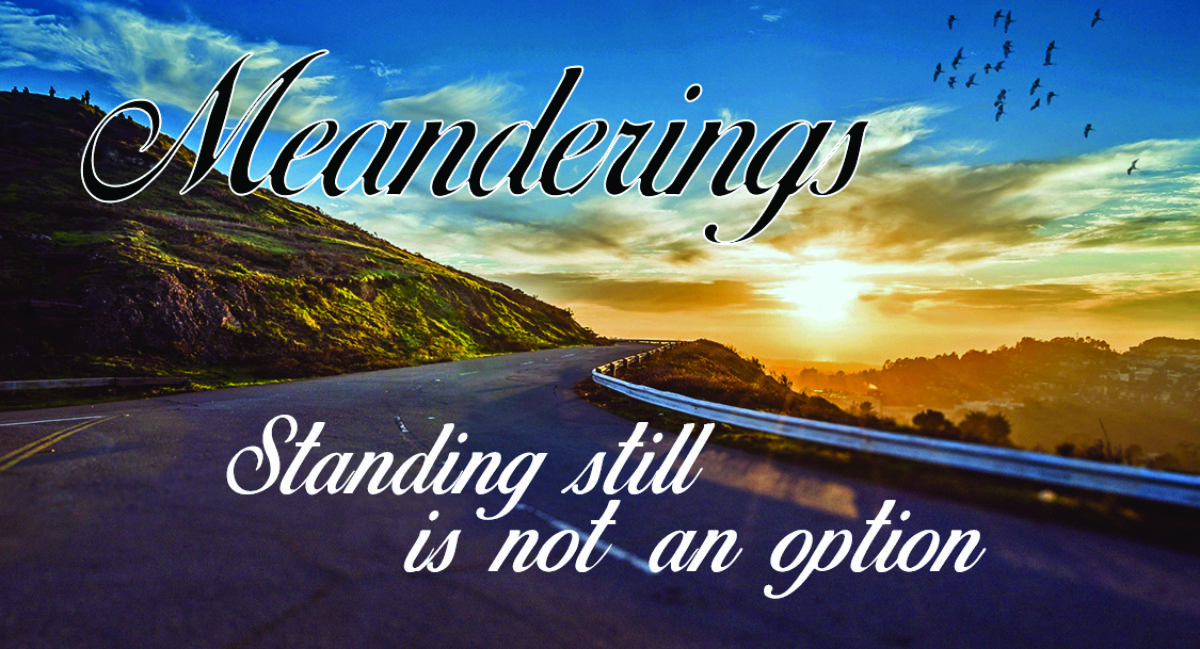Six to twenty years plus. This sounds like a prison sentence for a very serious crime. It is, although no crime has been committed. Yet that is the sentence handed down to every prospective caregiver of a loved one diagnosed with Alzheimer disease.
I heard it. It is a terrible verdict but unlike others this one is indisputable. There is no avenue for appeal.
My Bert Has Alzheimer’s: Caregiving is Living for Two charts ten years into that sentence. I have not marked off the years. There is no lumberman’s tally of the hours, days, or months. That is futile, but on the publication of this memoir it suddenly dawned on me that I may be only at the half way mark of that cruel and unusual punishment.
There is another part to this sentence besides its length. It should also include ‘at hard labour.’ Being a caregiver to a loved one with dementia is the definition of hard labour. One chapter with the heading Caregiver Job Description is a testament to that fact. Yet with all its details and list of requirements it is still only a glimpse into the convoluted life of a caregiver.
It is a chapter that resonates with readers whether they are caregivers or not. Caregivers of all stripes will remark on how true it is and add their own similar stories and experiences, while others will say: “I don’t know how you do it.”
Another unique facet of this sentence is that the diagnosis is for at least two people. The disease is for one but the following life of dealing with the manifestations and trajectory of the disease is for both parties. In fact a diagnosis of Alzheimer’s may be more devastating to the caregiver than to the patient.
Gasp! How can you say that?
It is easy for me to arrive at that conclusion. I am living it. My Bert is content. He has no idea what stress is now. His blood pressure readings are fantastic. In fact I know that almost everyone with this disease at this stage, has a fantastic reading unless there is an underlying problem that raises blood pressure.
Whenever my Bert has a reading I will tell him that he has the blood pressure of a teenager, and he, being the character he is, will respond saying: “Of course, I’m a teenager” or: “I’m only 19!” At least that’s what he used to say. Now he smiles and nods.
So as the caregiver I take delight in his contentment though I rail at the narrowness of his existence. But that is my worry, not his. There’s always a smile when he sees me whether he knows our relationship or not. Perhaps he has forgotten my name but he has not forgotten ME.
At times when I feel as if I am swimming in a sea of despair I also know I feel the despair because I am alive. I pause and breathe. I breathe and breathe in life.
The Meander: I hope I do not fall into the estimated 30% of caregivers who die before their loved one. The sentence continues but so does the adventure as our story continues and I have to live for two.
